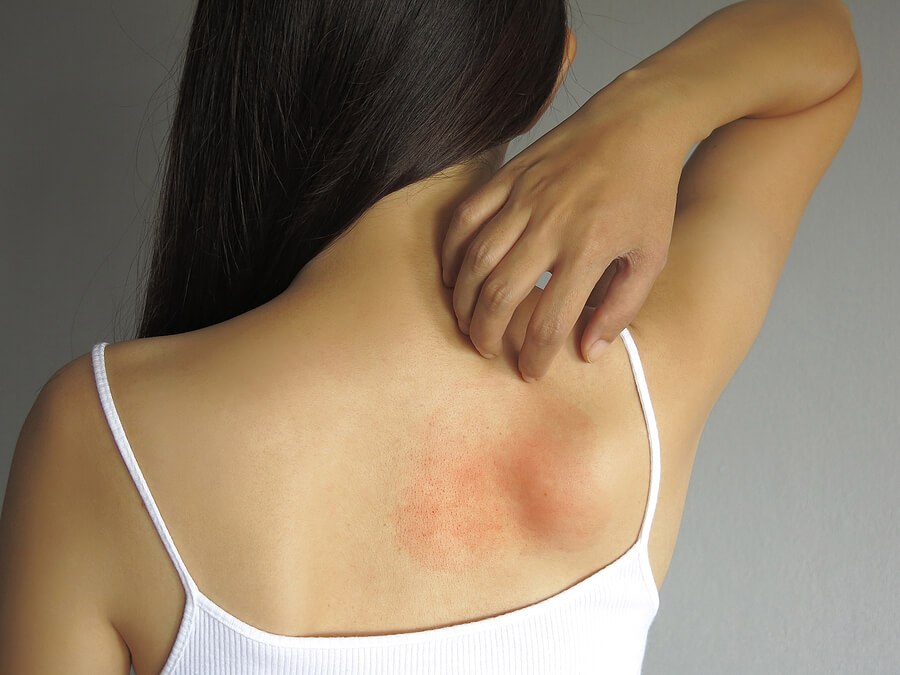

Allergists use various tests to diagnose and treat patients with allergies, asthma, hives, and related conditions. Based on the comprehensive results, we customize a personalized treatment plan, which may include medications, lifestyle adjustments, and, if suitable, immunotherapy like allergy shots to desensitize the immune system. At Premium Allergy, we use this tailored approach to effectively diagnose and address the unique needs of each patient.






A small blood sample is taken to measure the level of specific antibodies to an allergen. Results are available in a few days. This type of test is sometimes used for food, environmental, and insect allergies.

Small amounts of common allergens are applied to the skin through tiny pricks. Reactions, like redness or swelling, at the prick site indicate an allergy. This test takes 15-20 minutes. It detects food, environmental, insect sting, and medication allergies.

Small amounts of potential allergens are applied to patches, which are then taped on the skin for a few days. Redness at the site of the allergen signifies an allergy. This type of test is helpful to identify contact allergies (rashes) to products such as metals, chemicals, skincare products, etc. Patch testing is completed over a span of a few days.

Also known as spirometry. During the test, you breathe into a device called a spirometer, which measures how much air you can exhale and how fast. This helps assess lung function and is valuable for diagnosing and monitoring asthma.

Yes, allergy testing is suitable for children. The methods are safe and adjusted to the child's age. Identifying allergies early helps manage symptoms and improve their quality of life.
Allergy testing is generally extremely safe. For skin prick tests, minor redness, itching or swelling may occur at the test site. Serious reactions are rare. Blood tests carry minimal risk. We will be happy to discuss any concerns and questions you may have during your consultation.
Coverage for allergy tests can vary depending on your insurance plan. But in most cases, insurance plans do cover allergy testing, especially when it is deemed medically necessary for diagnosis and treatment. However, it's crucial to check with your specific insurance provider to understand the details of your coverage.
For skin testing, antihistamines (oral allergy medications) usually need to be stopped prior to the test for several days. However, this is not necessary for other tests such as blood or patch tests. We will go over specific preparation instructions for testing with you at your consultation appointment.